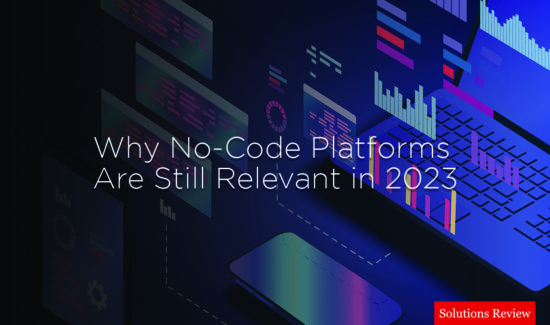‘KISS’ is the Perfect Way to Advise Enterprise MAD

‘KISS’ or Keep It Simple, Stupid, is a well known phrase recently made more popular by the zany and sometimes nievely offensive character of Micheal Scott from NBC’s The Office. According to an article by Eddie Lockhart from TechTarget, this is the perfect phrase to describe enterprise mobile apps and I can’t help but agree. Not only is this true for the user experience, it’s also true for the development process.
Having a simple UI is a must if you want to ensure the widespread adoption of enterprise mobile apps. The last thing we want is for employees to ditch them in favor of more familiar third party apps when it comes to enterprise data. That’s not an option for you if you want secure apps, but it is an option for employees when they don’t fully know, understand or care about enterprise security. And let’s face it; no one is going to care more about enterprise security than you.
The whole point of these apps is to make life easier, but if they can’t be navigated, aren’t laid out right, or contain too many off-shoots and menus, the average user is going to have a hard time.
Keep it simple, stupid; it may be best to not include every feature on the app from the get-go. It’s also very important to treat a mobile app different from a desktop app. On the desktop, apps can get ways with being more complicated or bigger. For one, the screens are bigger and we have more precise control over the content. We’re also all used to navigating desktops and know where to look for things if they don’t jump out at us right away.
If mobile apps could be treated the same as desktop apps, there would be no reason for us to even bother making native mobile apps; we could just stick to App Refactoring and re-purpose our desktops apps for mobile use. But that’s not the case and app refactoring can only get you so far and is best used as a temporary solution for mobile users while you work on building your ‘KISS’ approved, custom, enterprise mobile app.
The advice ‘KISS’ provides does not limit itself to UI and user satisfaction of simplicity; it also refers to the actual building process of apps. These apps are smaller than desktop apps and not every enterprise app can be used for every employee. This means more apps for the already pressed enterprise app developers of the world.
This is where other tools come in, like RMAD (rapid mobile app development) for example. Not only are the users and the developers asked to keep it simple, but the developers behind these platforms are as well. They know that the industry is leaning towards more apps and better apps and they want you to be able to build as many apps as you need regardless of how many developers you have.
This give IT departments the opportunity to give some of the burden of development to other IT workers who are not developers and even the more tech-savvy users who are not in IT. These new advances in development and demand for enterprise apps keep these normally complex tasks as simple as they can be,and ‘KISS’ approved!
- 5 Questions to Ask When Hiring a Mobile App Developer - August 22, 2017
- The Top 10 User Experience Blogs You Need to Follow in 2017 - July 17, 2017
- Solutions Review Presents: The User Interface Hall of Shame - July 13, 2017




















